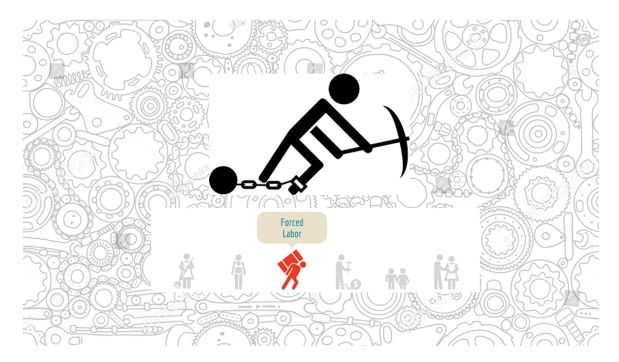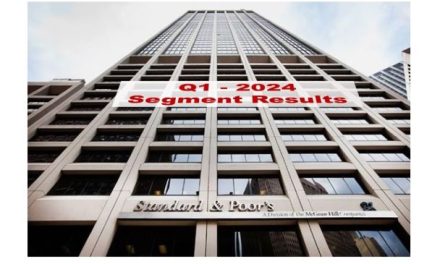Tech companies have been accused of “abject failure” in their efforts to eradicate forced labour from supply chains, according to a report.
The report, by human rights benchmarking initiative KnowTheChain, said just 5% companies disclosed data demonstrating usage of responsible purchasing practices, and due diligence efforts had not improved since 2020.
The benchmarking report tracked changes in purchasing practices, supply chain transparency, responsible recruitment of migrant workers, remediation, and listening to worker voices across 60 companies in 2022.
Hewlett-Packard was the best-performing company, followed by Intel, Cisco Systems, and Apple. However, even for top performers data was limited or non-existent, said the report.
“The largest global information communications and technology companies have posted a record $4tn in combined annual revenue during 2022, up from about $3tn in 2021,” said KnowTheChain.
“But as the sector has grown, so too has its capacity for forced labour and labour rights abuses within its vast global supply chains.”
The report referred to an “abject failure by most to demonstrate sufficient due diligence to identify forced labour risks and impacts in their supply chains, or take adequate steps to address them”.
Irresponsible purchasing practices in tech companies were encouraging the suppression of workers’ rights to freedom of association and collective bargaining because such practices relied on cheap labour in repressive conditions, the report found. This created a “breeding ground” for exploitation.
Tech companies demonstrated little to no improvement from 2020, which the report said indicated a lack of willingness to commit to responsible purchasing practices in any binding manner. The report suggested tech companies were attempting to deliberately outsource human rights risks to suppliers.
The report emphasised the need for shared-responsibility contracting, which would give both buyers and suppliers an obligation to monitor, report and mitigate human rights abuses in their supply chains.
Additionally, when violations are detected, remediation should be built into contracts to ensure the victims receive redress.
The report was based on analysis of 60 publicly-listed companies across the globe against a benchmarking methodology based on UN Guiding Principles on Business and Human Rights.
Source: Chips.Org/Supply-Management/News


























